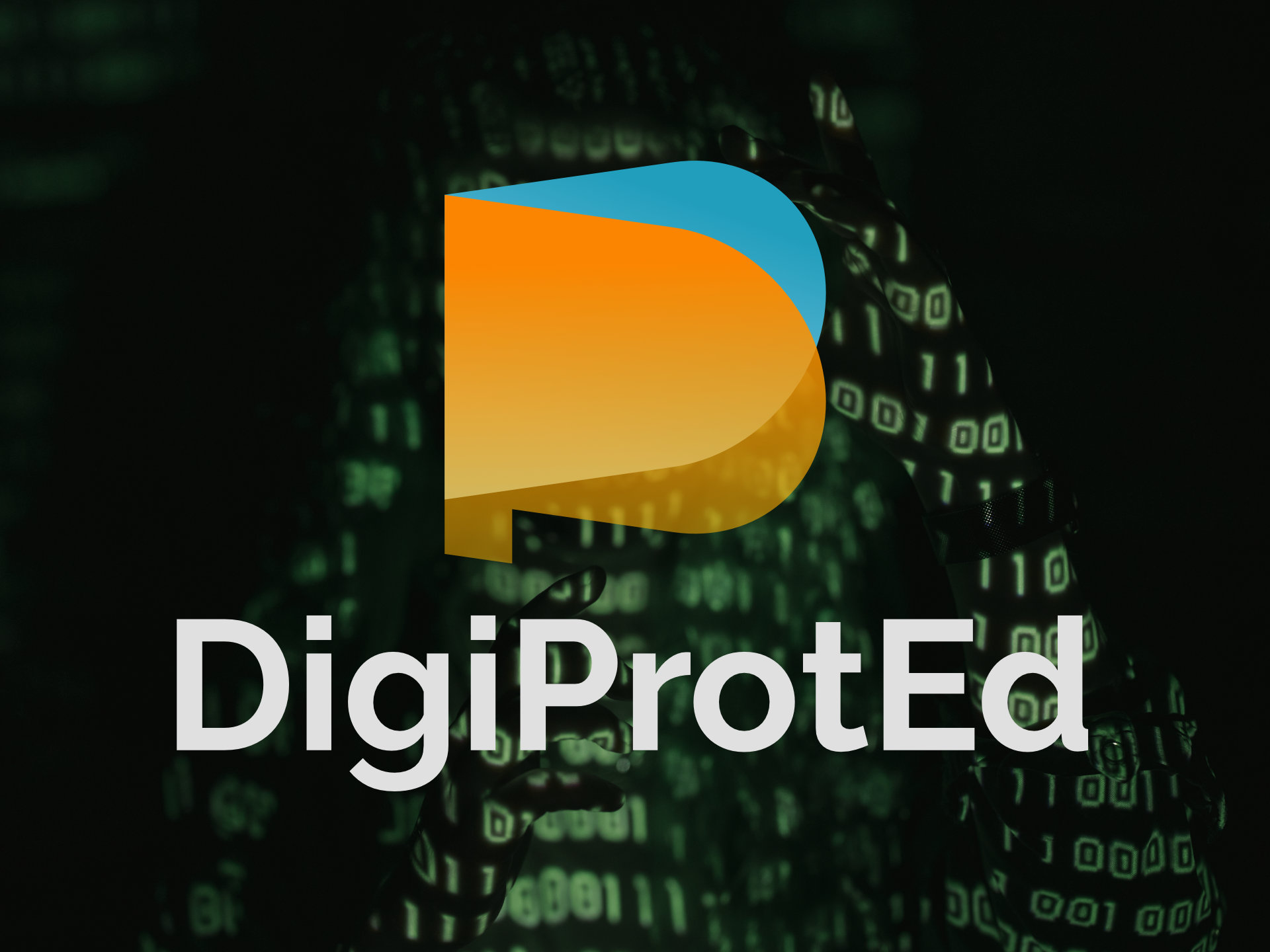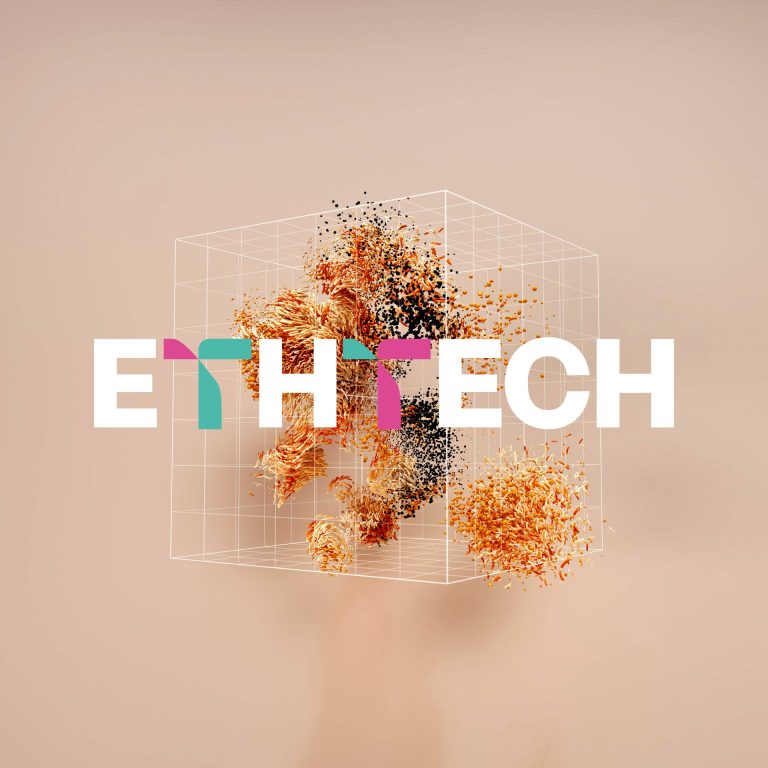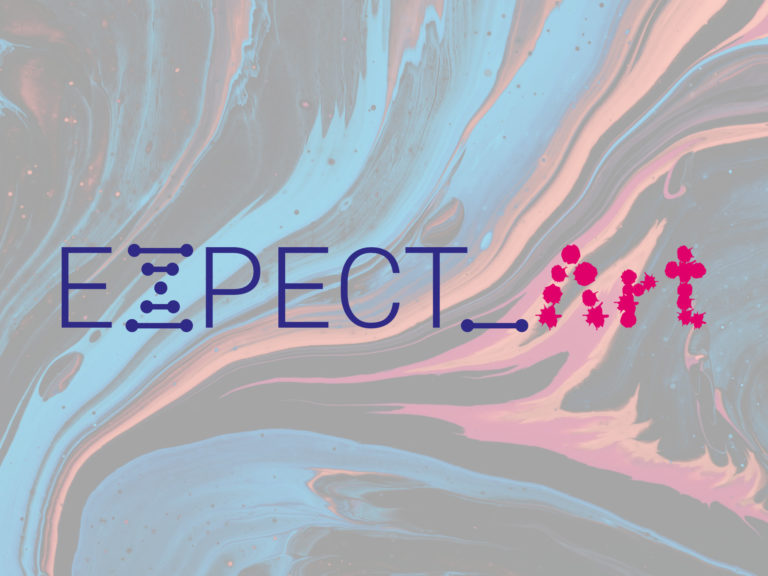In recent years, there have been important changes in the educational field derived from the forced acceleration of digitization in schools after the global COVID-19 pandemic. With the purpose of responding to the continuity of schooling and promoting the development of digital education, it was decided to incorporate large technological corporations into the educational context. The integration of digital technologies in education, especially digital platforms used in teaching and learning processes, represents a challenge for educational systems around the world, particularly with respect to guaranteeing the protection of children in these new digital contexts.
Objectives
Within this framework, the DigiProtEd project has the following general objectives:
- Explore and analyze the socio-educational effects of the use of digital platforms and the storage and management of data on the protection of children in primary education in Spain.
- Provide evidence that contributes to the advancement of scientific knowledge and the social debate around the platformization and datafication of primary education.
To this end, these are broken down into the following specific objectives:
- Identify and analyze European, Spanish and regional policies and regulations on the protection of children in digital contexts.
- Analyze the implementation of these policies and regulations in the incorporation of digital platforms and datafication processes in primary education.
- Demonstrate the main positions and practices of the educational community (management teams, teachers, students and families) in relation to the use of digital platforms and the datafication processes in the school environment.
- Determine if the use of digital platforms and the datafication process condition the protection of children in primary education.
- Propose guidelines that help both schools and the public administration to guarantee the protection of children in the school’s use of digital platforms and the storage and management of data.
- Disseminate the process and results of the project among the scientific and educational community, those responsible for educational policies, children and society in general.
Methodology
The research is developed through a mixed methodological design that will be carried out in three phases. Firstly, through the analysis of political and regulatory documents, and 10 semi-structured interviews with experts in the field of study, the regulations, visions and knowledge on the use of digital platforms in education and on the management of data derived from its use in primary education. Secondly, 11 case studies will be carried out in the three participating Autonomous Communities (Catalonia, Castilla la Mancha and the Valencian Community) where the concerns, positions and practices of the entire educational community (management teams, teachers, students and families) will be collected through the use of different techniques, such as discussion groups and semi-structured interviews. Finally, in the third phase, surveys will be implemented among both teachers and families in the 3 Autonomous Communities with the purpose of measuring the extension of the phenomenon analyzed in the previous phases of the project.
Results

Participating institutions
- Universitat de Barcelona
- Universitat de València
- Universidad de Castilla-La Mancha
Research team UB
- Judith Jacovkis (Investigadora principal)
- Pablo Rivera (Investigador principal)
- Ainara Moreno (FPI)
- Cristina Alonso
- Joan-Anton Sánchez
- Raquel Miño
- Diego Calderón
- Lluís Parcerisa
- Carles Lindin
- Gustavo Herrera
- Paula Lozano
- Ezequiel Passerón
- Xavier Giró Gràcia
- Mercedes Pilar Blanco Navarro
Proyecto PID2022-137033NA-I00 financiado por:

Ministerio de Ciencia, Innovación y Universidades, Agencia Estatal de Investigación (PID2022-137033NA-I00), 2023-2026



